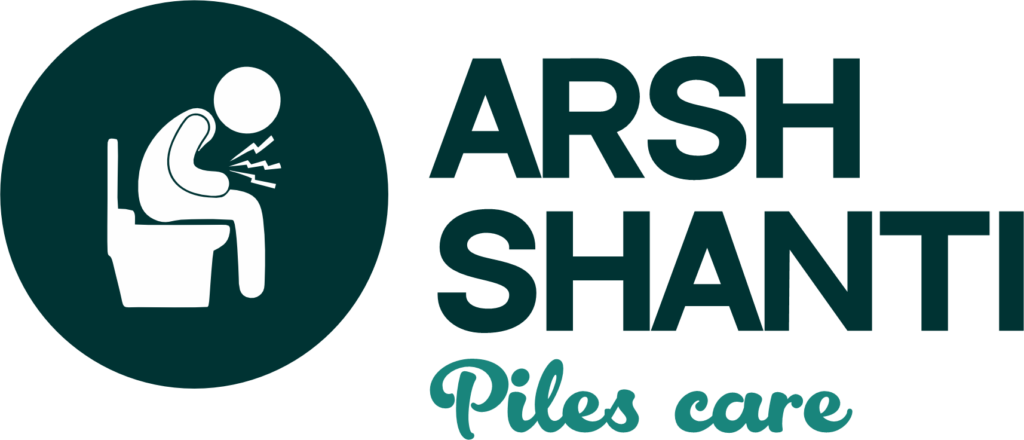If you or someone you know is suffering from piles, also known as hemorrhoids, you are probably aware of the discomfort and pain it can cause. Piles are swollen blood vessels located in the rectum or anus, and they can be quite bothersome. While there are various treatment options available to manage piles, one aspect that is often overlooked is the role of diet. In particular, spicy foods can exacerbate the symptoms of piles and should be avoided. In this article, we will explore why spicy foods should be avoided for people with piles and provide alternative dietary options for relief.
The Effects of Spicy Foods on Piles
Spicy foods, such as chili peppers, hot sauces, and curry, contain compounds like capsaicin that give them their heat. While these compounds can add flavor and excitement to our meals, they can also have negative effects on piles. Here’s why:
Inflammation and Irritation
Spicy foods can increase inflammation and irritation in the digestive system, including the rectum and anus. This can worsen the swelling and discomfort associated with piles, making the condition more painful and difficult to manage.
Increased Blood Flow
Consuming spicy foods can lead to increased blood flow and dilation of blood vessels. For individuals with piles, this can further contribute to the swelling and engorgement of the already sensitive blood vessels, leading to more pain and discomfort.
Aggravation of Symptoms
Spicy foods can also aggravate common symptoms of piles, such as itching, burning, and anal fissures. The heat from these foods can intensify the sensation of itching and burning, making it even more uncomfortable for individuals with piles.
Alternative Dietary Options
If you have piles, it is important to make dietary choices that promote healing and alleviate symptoms. Here are some alternative options to consider:
Fiber-rich Foods
A diet rich in fiber can help regulate bowel movements and prevent constipation, which is a common trigger for piles. Include foods like whole grains, fruits, vegetables, and legumes in your meals to increase your fiber intake. This can help soften the stool and make it easier to pass, reducing strain on the rectum and anus.
Hydration
Staying hydrated is crucial for maintaining healthy bowel movements. Drink an adequate amount of water throughout the day to prevent dehydration and ensure that your digestive system functions properly. Avoid excessive consumption of caffeinated and alcoholic beverages, as they can contribute to dehydration.
Probiotic-rich Foods
Probiotics, found in foods like yogurt, kefir, and fermented vegetables, can help promote a healthy gut and improve digestion. Including these foods in your diet can support the growth of beneficial bacteria in your gut, which can have a positive impact on your overall digestive health.
Anti-inflammatory Foods
Incorporating anti-inflammatory foods into your meals can help reduce inflammation and alleviate symptoms associated with piles. Some examples of anti-inflammatory foods include fatty fish (such as salmon and sardines), leafy greens, berries, and turmeric. These foods contain compounds that have been shown to have anti-inflammatory properties.
While spicy foods may be enjoyable for some, they can have negative effects on individuals with piles. Avoiding spicy foods can help reduce inflammation, irritation, and aggravation of symptoms associated with piles. Instead, opt for a diet that includes fiber-rich foods, promotes hydration, incorporates probiotics, and includes anti-inflammatory options. By making these dietary adjustments, you can help control piles and improve your overall well-being.
